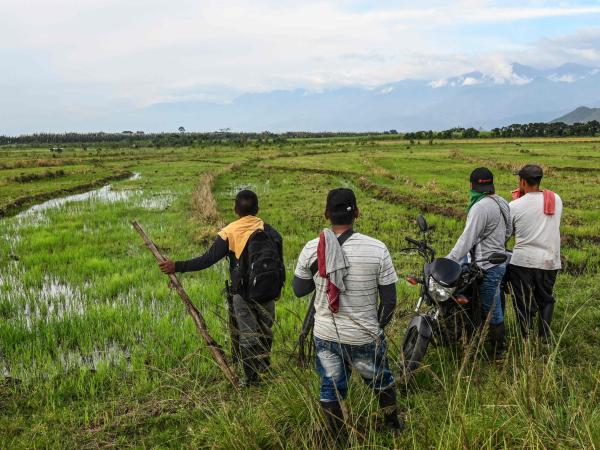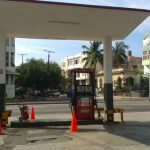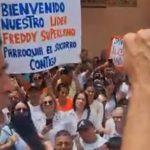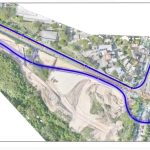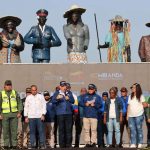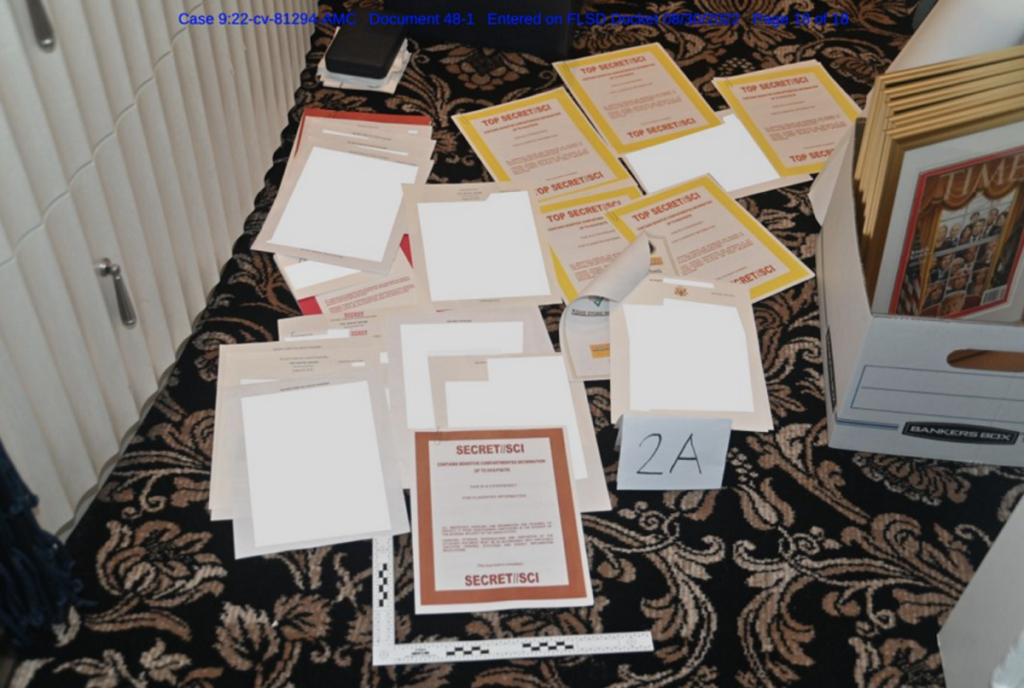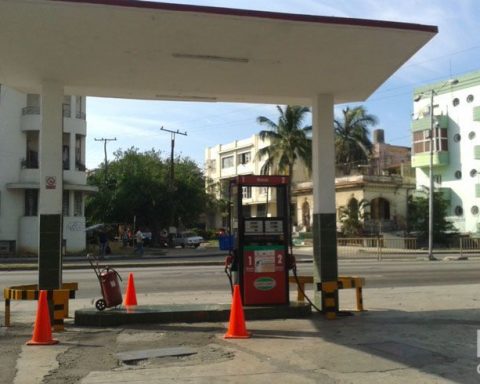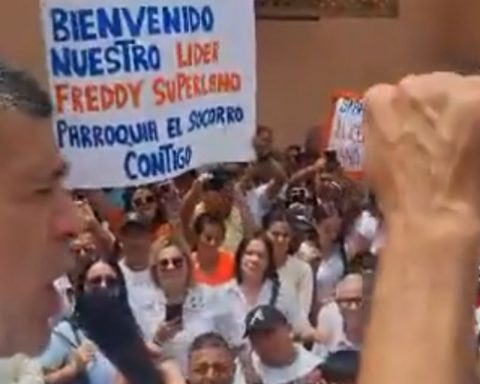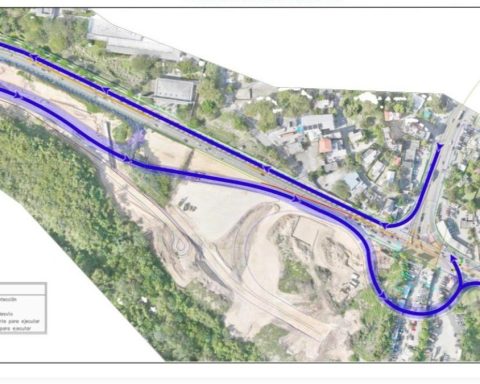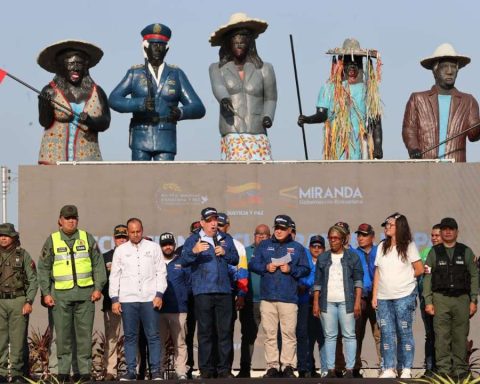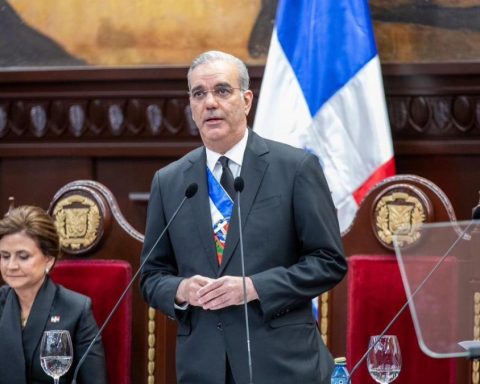The indigenous and other ‘landless’ peasants who took over private farms in southwestern Colombia defied the official ultimatum to vacate the premises, in what already appears as the first social conflict under the government of Gustav Petro.
“As landless peasants we are going to continue (on the farms). If it’s time to fight against the same government that we raised, it’s our turn“warned one of its leaders, who spoke with the agency AFP under reserve for fear of “a judicial persecution“.
Around 1,000 families have been occupying for a year two cane plantations in the municipality of Corinto, in the department of Cauca.
Given the expectation generated by the reform proposed by Petro to redistribute rural property, Land invasions have multiplied, according to associations of ranchers and sugar producers.
On Tuesday, August 30, the Government rejected these actions. Defense Minister, Ivan Velasquez, recalled that the Police is authorized to recover the properties “within 48 hours of occupation“.
The peasants interpreted his words as an ultimatum, which triggered tension in Corinth.
“The statement issued by President Petro is something very worrying for the process that we are carrying out“, commented the leader of the communities. The eviction, he remarked, would imply “some attack, some outrage by the Public Force“.
The occupants live in the battered hacienda buildings, which no longer have windows or doors. Others raised camps on the invaded lands.
Every once in a while they confront the police with rubber bands and stones.
Since Petro came to power on August 7, the clashes had ceased, but with the government’s wake-up call they could be reactivated.
“These types of threats and legal actions by the government are not new and we are still here“said another leader of other families who also occupy farms in Corinto.
Although they showruditos, there is a lot of strength here“warned the leader, who also refrained from identifying himself for security reasons.
Group of landless peasants in Cauca.
This Wednesday, August 31, the Minister of Defense clarified that he has not given “no exceptional order” what for Police or Army liberate the haciendas.
“The instruction is to always favor dialogue over forceful measuresVelasquez tweeted.
Petro, Colombia’s first leftist president, plans to carry out a agrarian reform to redistribute rural property in the country of Latin America where land is most concentrated in few hands, according to the English NGO Oxfam.
Within the framework of this policy, the Government announced that it will yield to the “most vulnerable Colombians“The properties seized from the corrupt and the drug trafficking mafia.
Access to land is at the heart of the armed conflict that has bled Colombia dry for almost six decades.
Emerged in the sixties, in the heat of the Cold War, various groups made up mostly of peasants rose up in arms to demand a redistribution of agricultural property.
The far-right paramilitaries, staunch enemies of the rebels, violently dispossessed thousands of families of their lands to later sell them to landowners or ranchers.
In 2018, the indigenous people of the nasa people, in Cauca, large estates began to be taken over to liberate, as they proclaim, ‘Mother Earth’.
When they occupy a piece of land they usually expel the workers and eradicate the cane (which they consider a harmful monoculture) to replace it with reforestation areas and small crops of banana and rice.

Sugar cane plantations in Cauca.
In some roads you can see logs and ditches opened by the peasants to prevent the advance of the vehicles of the Police Mobile Anti-riot Squad (Esmad). Also, They patrol the area with radios to warn about the presence of authorities.
Like other communities that have joined this practice, the Nasa justify the invasions alleging the poor quality and overpopulation of the highlands that surround the fertile valley where cane is grown.
According to the most recent data from Oxfam, 1% of the largest farms own 81% of the land in Colombia.
AFP
